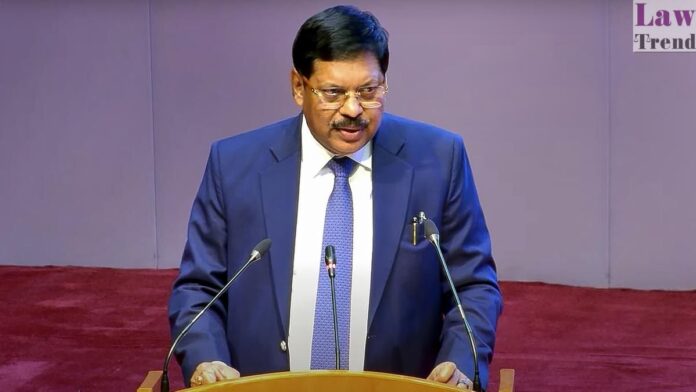Chief Justice of India, B.R. Gavai, on Saturday expressed grave concern over the persistence of harmful practices such as Female Genital Mutilation (FGM) in the country, observing that despite constitutional and legal safeguards, many girls continue to be denied their fundamental rights. The Chief Justice’s remarks bring a renewed focus to the issue, even as a significant legal challenge to the practice remains pending before a nine-judge Constitution Bench of the Supreme Court.
The Supreme Court is currently seized of a Public Interest Litigation (PIL) seeking a comprehensive ban on the practice of FGM, also known as ‘Khatna’ or ‘Khafz’. The practice is primarily prevalent in the Dawoodi Bohra community, a sect of Shia Muslims. The petition argues that the practice amounts to a grave violation of a child’s fundamental rights, including the Right to Life and Personal Liberty (Article 21), which encompasses bodily integrity and dignity, and the Right to Equality (Article 14).
In September 2018, a three-judge bench of the Supreme Court, observing that the issue involved a critical conflict between the right to religious freedom and other fundamental rights, referred the matter to a five-judge Constitution Bench. Subsequently, the case was clubbed with other petitions involving similar questions of law, including the Sabarimala temple entry case, and was referred to a larger nine-judge bench for adjudication. The core legal question to be decided is whether the practice can be protected as an “essential religious practice” under Article 25 and 26 of the Constitution, or if it must yield to constitutional morality and the fundamental right to life and dignity.
Speaking at a national consultation on “Safeguarding the girl child: towards a safer and enabling environment for her in India,” organized by the Supreme Court’s Juvenile Justice Committee, CJI Gavai highlighted the numerous threats faced by young girls.
“Despite constitutional and legal guarantees, many girls across India continue to be tragically denied their fundamental rights and even basic necessities for survival,” the Chief Justice stated. He added, “This vulnerability exposes them to disproportionately high risks of sexual abuse, exploitation, and harmful practices such as female genital mutilation, malnutrition, sex




